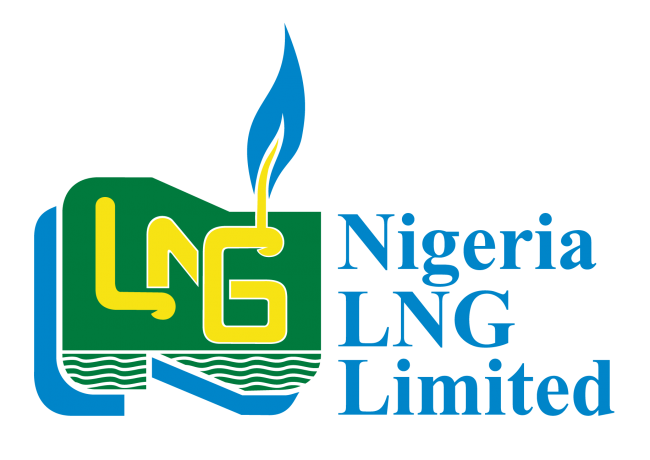- Oil market to remain oversupplied, says IEA
Commodities trader, Vitol, has signed a 10-year deal with Nigeria Liquefied Natural Gas (NLNG) to buy 500,000 tonnes of LNG per year, ramping up its long-term presence on the market.
Commodity houses, including Vitol rivals Trafigura and Gunvor, are increasingly expanding their traded spot cargo volumes with multi-year LNG deals as a global push for cleaner energy helps the market grow and mature.
“The agreement underscores NLNG’s drive…to deliver LNG on a global scale in a low carbon world where gas/LNG will continue to be the preferred complementary energy source alongside renewables,” Vitol said in a statement.
The deal also helps NLNG remarket volumes from existing production lines at its Bonny Island plant with a number of contracts due to expire.
Vitol said it would purchase volumes from Trains 1, 2 and 3 of a six-train NLNG production facility on Bonny Island under the sales and purchase agreement, which was signed on Dec. 11 and will start in October 2021.
NLNG’s contracts with Turkey’s Botas, Portugal’s Galp Energia, Spain’s Naturgy and France’s energy major Total for a total of 2.67 million tonnes per year will expire in 2020 and 2021, according to the International Group of LNG Importers (GIIGNL).
NLNG has also been looking for buyers for volumes from a yet-to-be-built Train 7.
Meanwhile, global oil inventories could rise sharply despite OPEC and its allies deepening their output cuts and slowing US production growth, the International Energy Agency (IEA) said on Thursday.
“Despite the additional curbs … and a reduction in our forecast of 2020 non-OPEC supply growth to 2.1 million barrels per day (bpd), global oil inventories could build by 700,000 bpd in Q1 2020,” the Paris-based IEA said in a monthly report.
The Organisation of the Petroleum Exporting Countries (OPEC) and others including Russia – the OPEC+ group of producers – agreed last week to rein in output by an extra 500,000 bpd in the first quarter of 2020 to balance the market and support prices, but they stopped short of pledging action beyond March.
Even if OPEC+ adhered strictly to their new pact and political troubles continued to hobble exports from Iran, Libya, and Venezuela, the IEA said that only 530,000 bpd of crude would be withdrawn from the market compared to November production.













